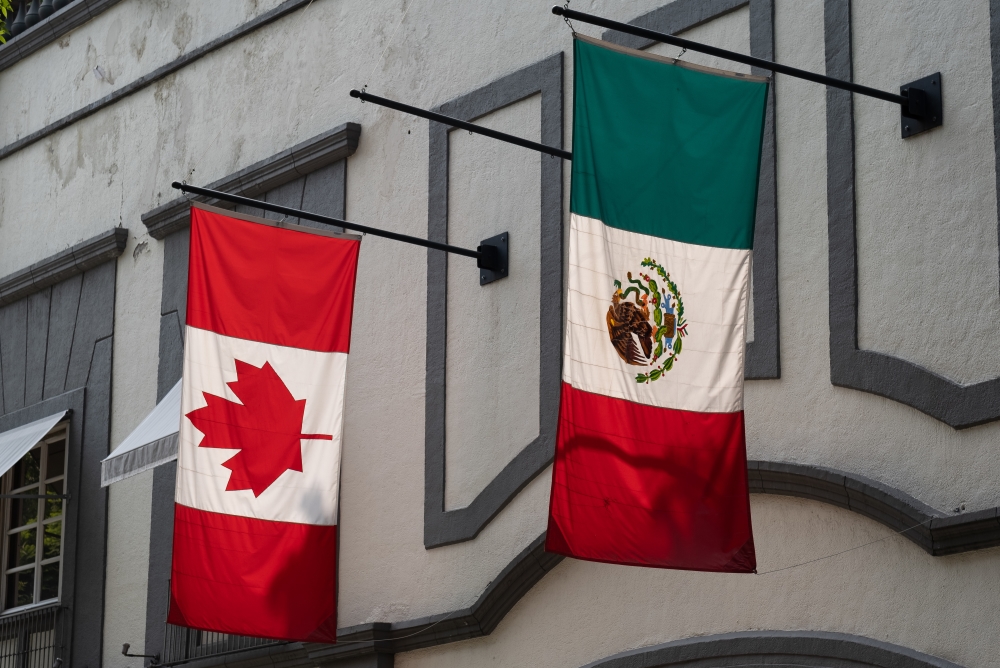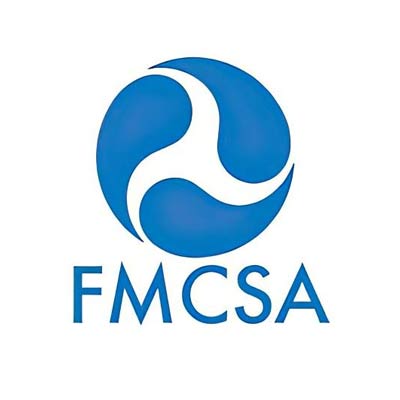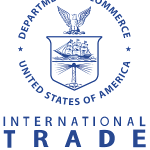Why Canada and Mexico Were Not Included in the Recent Reciprocal Tariff List
ABA’s advocacy plays a critical role in protecting cross-border trade and travel

Many were pleased to see that Canada and Mexico—two of our largest trading partners—were not included in the administration’s latest round of reciprocal tariffs. This decision was not arbitrary; it reflects the ongoing impact of strategic trade agreements and the successful advocacy efforts of organizations like the American Bus Association (ABA).
The Policy Behind the Decision
For both Canada and Mexico, existing orders under the International Emergency Economic Powers Act (IEEPA) related to fentanyl and migration remain in effect. These orders exempt USMCA-compliant goods from tariffs, ensuring they continue to enter the U.S. at a 0% rate. Non-USMCA compliant goods, on the other hand, are subject to tariffs: 25% for general goods and 10% for non-USMCA compliant energy and potash. Should these IEEPA orders be lifted in the future, USMCA-compliant goods would still benefit from preferential treatment, while non-compliant goods would face a 12% tariff under the new reciprocal measures.
This is good news for the motorcoach industry, as motorcoaches are compliant under USMCA, which means the 25% rate does not apply.
ABA’s Advocacy: A Critical Role in Protecting Cross-Border Trade and Travel
The American Bus Association played a leading role in advocating for policies that would mitigate economic harm to our most important trading and travel partner, Canada. Our efforts were threefold:
- Highlighting the Importance of Cross-Border Travel and Trade
Through a strategic messaging campaign, ABA led the group travel industry’s response to proposed tariffs. Our op-eds in national and industry media underscored how cross-border tourism strengthens economic and cultural ties, making a compelling case for maintaining seamless travel between the U.S. and Canada. - Providing Data-Driven Advocacy
The ABA Foundation was the first travel association to release comprehensive data quantifying the economic risks of imposing Canadian tariffs on the U.S. economy. Our study provided the Administration and Congress with hard evidence demonstrating the far-reaching consequences such tariffs would have on American businesses and jobs. This analysis played a crucial role in shaping the final tariff decision. - Advocating for Motorcoach Exclusions and Ensuring USMCA Framework Adoption
ABA, alongside the United Motorcoach Association (UMA), actively engaged with the Administration to highlight the need for motorcoaches to be excluded from additional tariffs. Our advocacy efforts ensured the USMCA framework was upheld, protecting the industry from economic strain. Letters to the Administration, including one sent to the Trump Administration transition team, played a key role in securing tariff relief for motorcoach imports.
The Outcome: A Win for the U.S.-Canada Travel Economy
Thanks to strategic advocacy and data-backed policy engagement, Canada and Mexico remain protected from additional reciprocal tariffs, ensuring that travel and trade between our nations remain strong. By focusing on economic realities and making the case for maintaining open trade ties, ABA helped prevent disruptions that could have had lasting economic consequences.
As we look ahead, ABA remains committed to advocating for policies that support the bus and motorcoach industry, protect cross-border tourism, and strengthen our economic ties with our North American partners. The exclusion of Canada and Mexico from these latest tariffs is a testament to the power of smart, informed advocacy and a victory for the travel and transportation industries.



